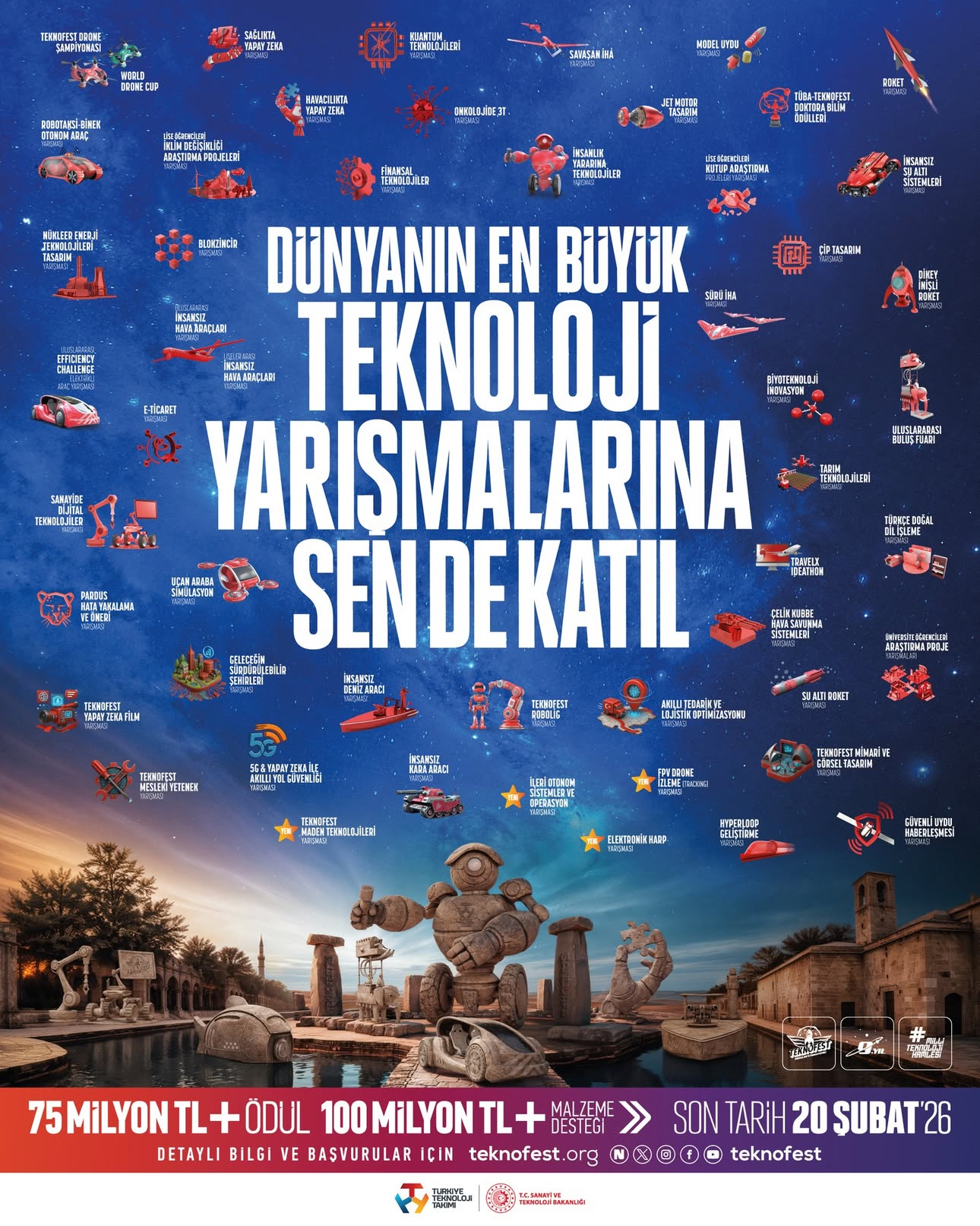It is mandatory for project coordinators to submit the following documents to the BAP Unit along with the application form during the application process:
Documents Required During Application:
a) Thesis Topic Approval Letter from Institute/Faculty for Thesis Projects:
The thesis topic/title must be approved by the relevant institute (for graduate studies) or faculty/department academic board (for specialization theses). This official approval must be submitted with the project application.
b) Advisor Assignment Letter for Thesis Projects:
For Master’s and PhD thesis projects, an advisor assignment decision issued by the institute’s board of directors must be included. For specialization theses, an advisor assignment letter from the relevant faculty dean must be submitted.
c) Pro Forma Invoices or Quotation Letters:
At least three (3) pro forma invoices or price quotations in Turkish Lira must be obtained for planned purchases of equipment and consumables to prove proper market research. According to the Procurement Law and the instructions of the Financial Affairs Directorate, three pro forma invoices must be submitted for each budget item (including services, consumables, equipment, and related costs), regardless of the amount. All supporting documents must be delivered to the BAP Unit with signatures.
d) Confidentiality Agreement:
For projects carried out in national or international cooperation, a Confidentiality Agreement must be signed. It should be prepared in Turkish for national projects and in English for international ones, and must be signed jointly with external partners. All signed forms and project agreements must be submitted to the BAP Unit.
e) Project Presentation Video:
Project coordinators may submit a short video summarizing the proposed project via CD-ROM, flash drive, or OneDrive. The video must not exceed 5 minutes in length and 100 MB in size.
Documents Required After Project Approval (Within Commission’s Given Timeline):
If the documents listed below are not submitted within the specified period, the project will not be activated.
a) Ethics Committee Approval Certificate:
Required for projects that involve:
i. Data collection from human participants (surveys, interviews, experiments, focus groups, etc.); clinical research on drugs, medical or herbal products, even if licensed; or bioavailability and bioequivalence studies. Approval must be obtained from relevant Clinical Research Ethics Committees or authorized University Senates or Public Hospital Ethics Committees.
ii. Use of experimental animals as defined by the regulation on Ethics Committees for Animal Experiments. Approval must be obtained from authorized Local Animal Ethics Committees (HADYEK).
Projects will only be activated upon submission of Ethics Committee Approval to the BAP Unit.
b) Legal/Special Permit Document:
Required if the project involves:
iii. Collection of confidential data from public/private institutions,
iv. Fieldwork (e.g., surveys, interviews, trials) in public/private institutions,
v. Use of treatment methods, licensed drugs, or devices on humans,
vi. Collection of samples like minerals, plants, animals, microorganisms, etc.,
vii. Research in protected areas (e.g., archaeological sites, military zones),
Necessary permissions must be obtained from the competent authority.
Documents from non-governmental institutions are considered special permits.
c) Support Letters:
If available, support letters from proposing or contributing organizations—signed by an authorized representative—clearly stating the type and amount of support, may be requested if the project is approved.
d) Letter of Commitment:
For projects involving international collaboration, a “Letter of Commitment” from the foreign partner must be submitted at the time of application or during the project (at least 3 months before the end date).


